SuperBetter: The Power of Living Gamefully
Author: Jane McGonigal
Publisher: Penguin Books
Format: Book
Price: $19.99 (Hardcover), $9.99 (Paperback)
September 15, 2015
There's constant discourse about the benefits of games on a person's life. On one hand, you have those who argue that all games are bad and terrible and turn people into violent murderers. On the other, you have those who say that games are actually good for you, that they can help with memory training, alleviate symptoms of depression and anxiety, and allow people to connect socially via multiplayer online games. With such polarizing debate, it isn't hard to see why the discussion is still ongoing – and, realistically, probably will never stop being a thing. But one thing that does get neglected in all the talk is the mental process of playing games. Not the gameplay itself, and not even the content of the game, but the mindset in which a person puts themselves in order to play a game. Is that beneficial?
Dr. Jane McGonigal, author of SuperBetter: The Power of Living Gamefully , argues that it is not only beneficial, it can be revolutionary to a person's overall mood, creative problem solving skills, and willingness to accomplish tasks.
Powering Up
One thing that should be disclosed about me as an author before we continue: I suffer from a veritable cocktail of mental and emotional problems. I've had crippling depression basically since I was a teenager, terrible social anxiety, grapple with suicidal ideation, panic attacks, chronic fatigue as a result of all this mess, the whole shebang. I already take care of these issues with traditional methods – seeing a therapist, taking medication, trying to get the rest of my life in order, etc. But when Wyatt told me about this book and suggested I review it for you guys, I figured, Well, why not? I've got literally nothing to lose by trying it out.
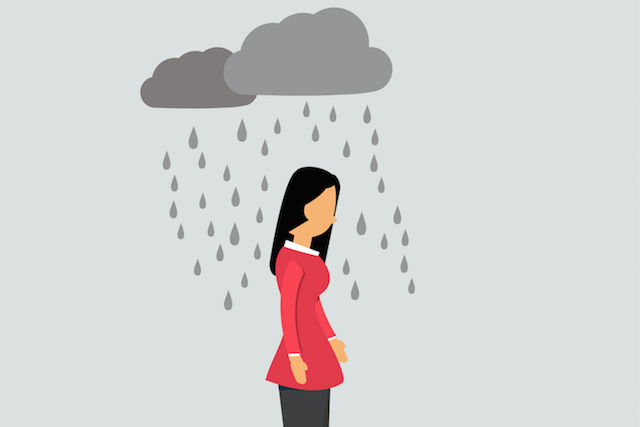
Nothing but the dignity my garbage brain tells me I don't have, anyway.
The general principle of SuperBetter is simple. Life is hard, really hard, but if you look at it through the lens of a game, with quests to complete, obstacles to overcome, and enemies to defeat, instead of a constant looming threat, it will get easier, and you will feel stronger, braver, and happier. McGonigal applied this strategy to her own life, using the SuperBetter method to mentally and emotionally recover from a severe case of post-concussion syndrome. McGonigal argues that the SuperBetter method is not just a quick self-help, feel-good way of living, but a method individuals can use to encourage post-traumatic growth. Post-traumatic growth is a psychological phenomenon that occurs when a person who has undergone mental, emotional, or physical trauma, instead of being permanently weakened by it, grows and becomes not just the level of functioning they were at prior to the trauma, but inherently better .
So, y'know, color me interested, I would love to be at a consistently better level of functioning over “eh, pretty okay, not gonna jump in front of a bus today and also I showered this morning.”
In the introduction to the book, McGonigal introduces the reader – or, if one chooses to participate in the active reading experience she provides, the player – with the four of many “quests” to complete. She argues that if the player completes these four quests, they will start to feel better already in a span of five minutes. These quests have two “pathways” you can take in order to consider the quest “complete.” The first one? Stand up and walk three steps, or hold your hands in fists above your head as high as you can for five seconds.
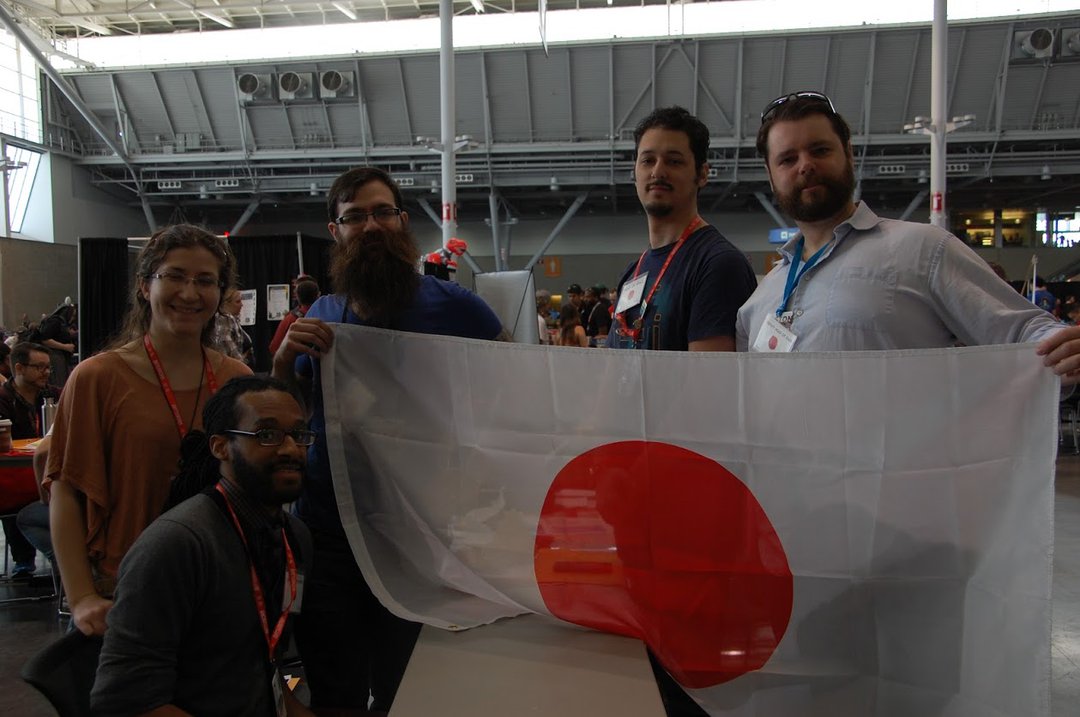
Which is honestly super amazing and makes me fall in love with humanity a little bit.
I know. It sounds completely silly. And so do the others. Look out a window for thirty seconds or Google baby animals? Snap your fingers exactly 50 times or count backwards from 100 in intervals of 7? Shake someone's hand for six seconds or send a thank-you note? What possible benefit could this stuff have?
As it turned out after completing them, a lot. I did feel better after completing these quests. Rejuvenated in a way I haven't been able to feel in quite some time. And, of course, that effect was temporary. It lasted for only a couple of minutes. Chronic depression doesn't go away with the snap of a finger (or, well, 50 of them, in my case). But it got me thinking: If these small things were able to actually help me with my problems, then the rest of the book had to have something worthwhile going on.
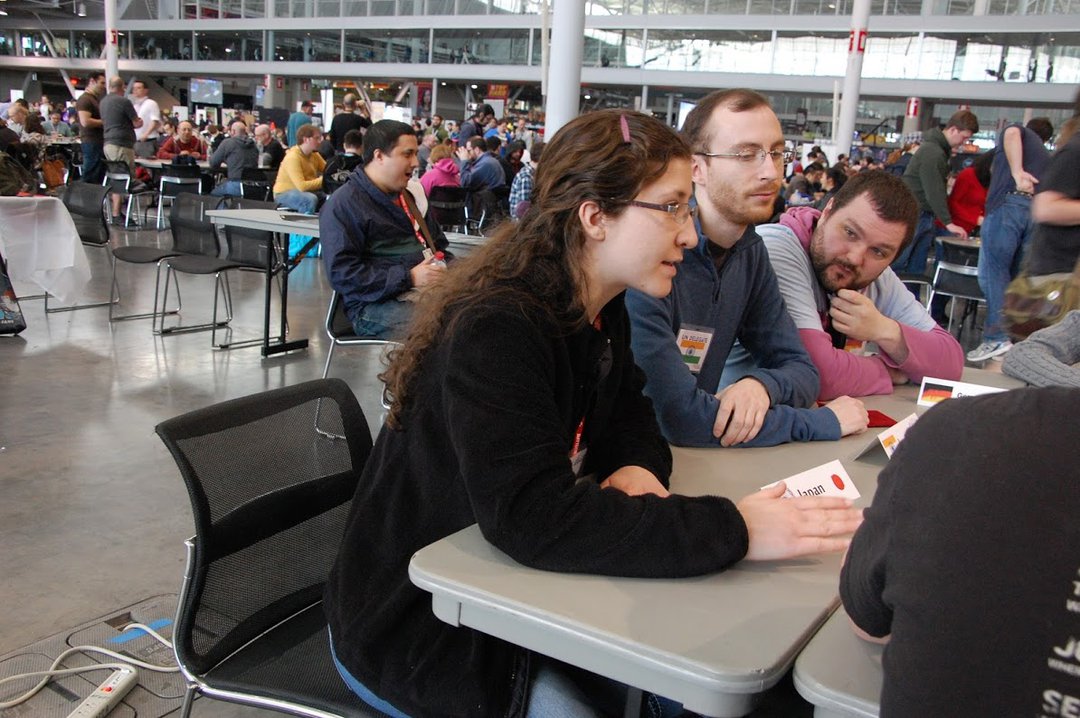
Finally, a feeling of accomplishment for doing the bare minimum!
The Next Level
The book is then further divided into three parts, the first of which is dedicated to the science of living gamefully, as McGonigal puts it. These serve to provide evidence of clinical studies that support the theory that playing games promotes more controlled thinking, which allows a person to adjust their mindset and worldview. For example, she provides early on that one study conducted found that burn victims, who suffer from the most extreme and constant pain, managed to think about their pain only 8% of the time after being exposed to a virtual reality game called Snow World , while those who did not play the game were thinking about their pain 100% of the time. Additionally, she provides a study in which individuals were exposed to highly gory images, and half the group played Tetris for about ten minutes after being exposed to these images, while the other half did nothing special. The study found that those who played a highly visually demanding game were able to control their thoughts and not have violent flashbacks of the images, while the control group could not. Combined with more quests like those presented in the introduction, Part 1 manages to walk through the art of living gamefully and explains the scientifically proven benefits one at a time.
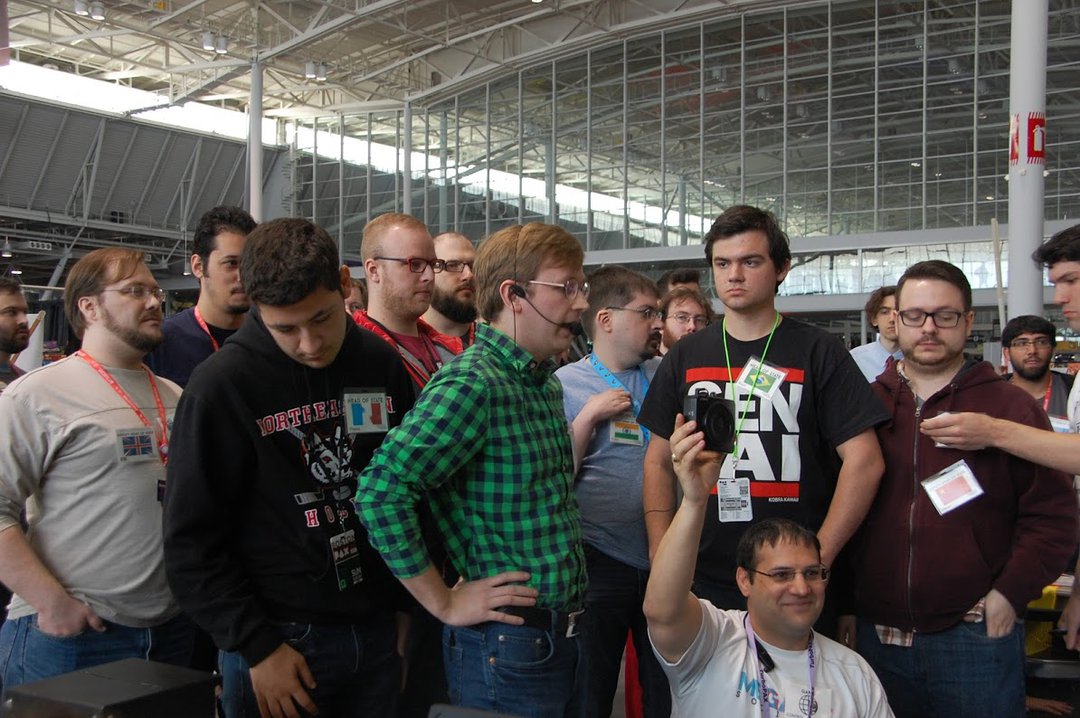
Unfortunately, there are no studies to be had on the health benefits of Pong yet... Yet.
Part 2 provides detailed, step-by-step instructions on how to “live gamefully;” that is, to utilize the SuperBetter method in order to shift their thinking. This is by far the longest and most intricate part of the book, with more quests to help challenge the reader/player and push them towards their goals, whether those goals are to conquer depression or to start a business or write a book – whatever challenges you are facing, the SuperBetter method is highly versatile and able to be adapted to just about anything. This is the part of the book that I have found to be the most helpful so far. I've been able to use these quests to slowly change my own method of thinking for problems I face. Granted, I still have a lot of issues, since, you know, the whole crippling mental illness thing. But this method makes individual tasks a lot easier to deal with. Plus, the whole power-ups system that's part of the SuperBetter method makes me feel great about doing completely nonsense but feel-good things like playing Pokemon as self-care. Additionally, applying the “Bad Guys” mentality to everyday annoyances, like not being able to get out of bed or the crippling social anxiety I face when needing to send a risky text, helps me feel less like a terrible ball of emotions and mental illness in a meat suit and turns me into the Depression Killer with my trusty steed, Zoloft, that I ride into battle with and get shit done.
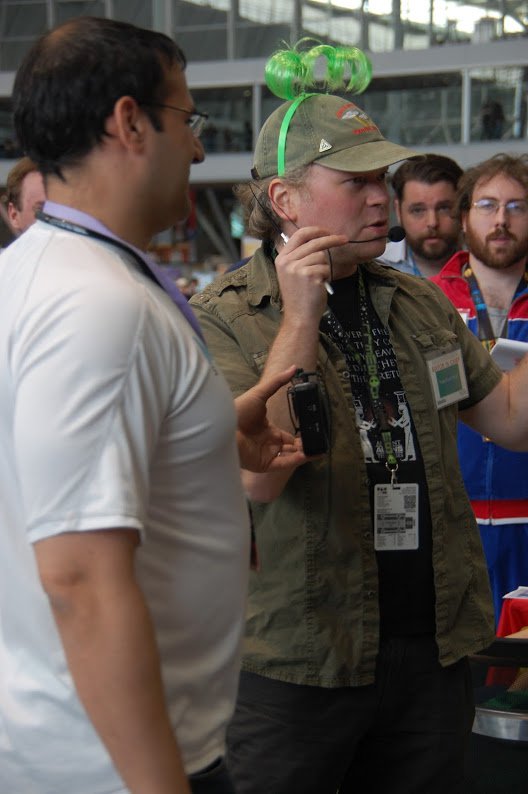
Eat shit, mental illness, you terrible scaly abomination!
The one bad thing I suppose I could say about this part would be that if you have not already super bought into the SuperBetter method, then the techniques probably will not work for you, which is typical of any self-help program/book/what have you. Additionally, some of the quests may come across as overly simplistic or even childish, which could get under some people's skin. I, personally, don't mind this sort of thing, as I will take any scrap of accomplishment that gets thrown my way, but I recognize this may not be for everyone.
Part 3 brings the skills you learn in Part 2 together, providing the reader with three adventures made up of quests: Love Connection, Time Rich, and Ninja Body Transformation. These adventures require the reader to utilize the skills and thinking outlined in Part 2 to accomplish goals within twenty to thirty days. I have not completed any of the quests myself, but having read through them, I will probably be focusing my efforts first on Time Rich, which is geared towards better time management and having the ability to do things you actually want to do instead of being a slave to your schedules.
Endgame Thoughts
Overall, I think that while SuperBetter may not be for everyone, it reads very sincerely and can certainly be very, very useful to folks like myself. It's a new and interesting way of looking at the world, to be sure, and serves to help people break down all of life's complexity into more simple, easy to manage challenges. I'm excited to really bring the principles of SuperBetter into my own life, and if you're looking to get some help for your own mental illness, or just have a goal you want to achieve but aren't quite sure how to get there (because, let's face it, life is scary and student loans exist and we need to maintain employment and OH GOD EVERYTHING IS TERRIBLE AAAAHHHHH ), the SuperBetter method might work for you, too.